
Assessing the true impact of micro- and nanoplastic pollution is difficult, but a global, integrated approach to monitoring could track their movement; we find out how.

Assessing the true impact of micro- and nanoplastic pollution is difficult, but a global, integrated approach to monitoring could track their movement; we find out how.

The climate impact of military aircraft is comparable to commercial aviation, but can emissions be reduced with sustainable aviation fuels?
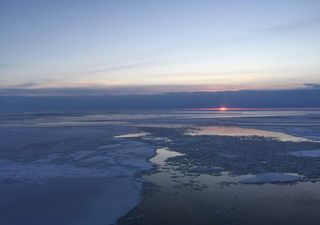
A vigorous circulation in the Pacific had a particular effect on the Southern Ocean, showing us whether carbon dioxide levels were higher in the previous Ice Ages.

A marine heatwave in 2023 meant the oceans absorbed less carbon dioxide than expected, but why? Experts have answers.
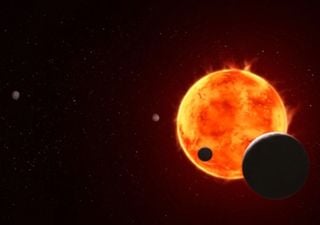
JWSP can observe distant worlds and stars and probe the mysterious structures of our universe; has it found an atmosphere on a distant exoplanet?

Predicting the weather three months in advance is difficult; what role can the AI approach of machine learning play in improving seasonal forecasting?

Here’s why your morning cup of coffee – or tea – really is the best pick-me-up and can make you feel happier.

July marked the sixth month in a row with mean temperatures above average. What is going on with this year's summer? The Met Office has made some comments.

New research from the University of St Andrews is answering one of the most important questions in astrophysics; can planets form without a star?

What cosmic delights with NASA’s latest space telescope reveal and what will they tell us about our universe?

Why did super-greenhouse conditions exist for five million years after a mass extinction 252 million years ago? New research has the answer.

Left or right – does it matter which side your car exhaust is on? New research suggests it might!

Citizen scientists make a major discovery by sifting through thousands of images playing stellar spot the difference.

Well-established forests are having trouble adapting to rapid climate change, but what should be done to protect them?
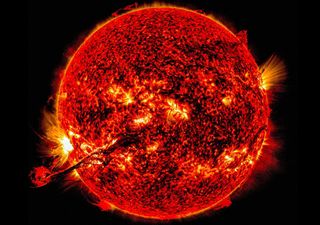
What can small-scale solar flares tell scientists about magnetic reconnection in the lower solar atmosphere?

Ambient energy such as movement and light, which is freely available in the environment, could be used to power smart buildings in the future – but how?
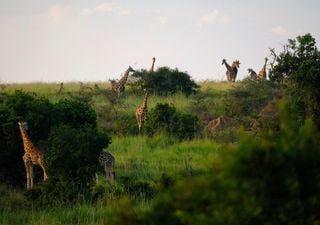
All life on Earth is organised by one rule new research finds, but what is it and what does it tell us about life and biodiversity?
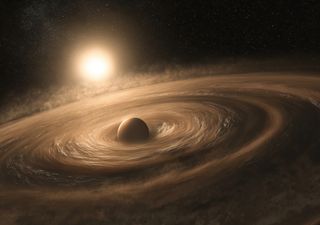
A giant planet is circling a tiny star, but it simply shouldn't exist; what can it tell us about how planets form?

Climate change is often thought to be a relatively modern concept, but research has shown that it has been documented as far back as the Inkan Empire – in string.

A new study suggests the negative effects of the ozone hole on the carbon absorption in Southern Ocean are reversible, but only if greenhouse gas emissions decrease swiftly.